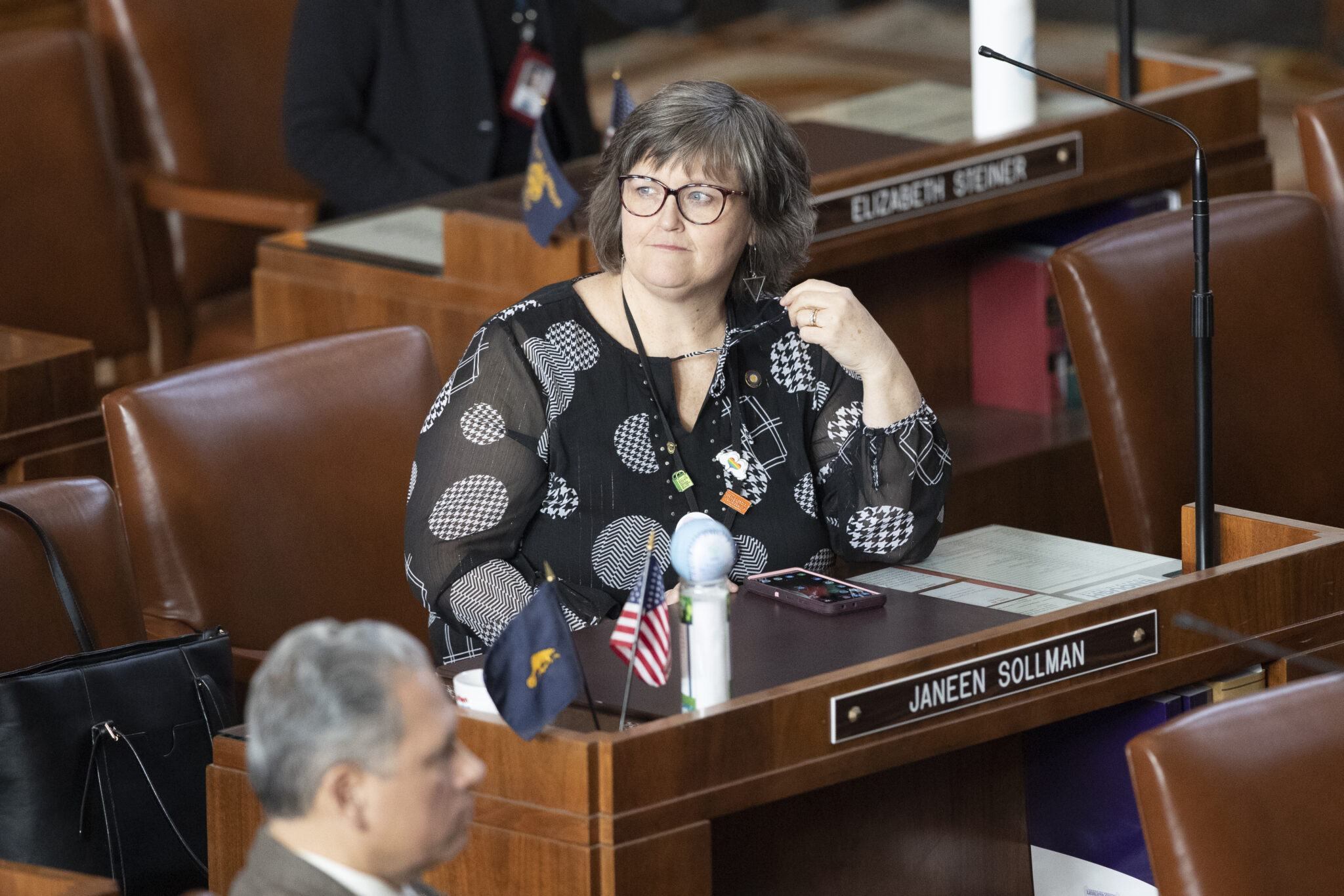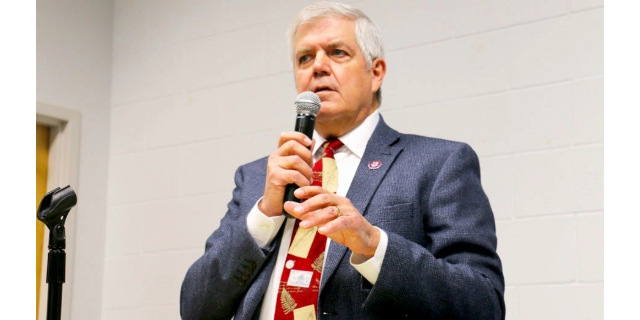Blumenauer: Feds must do more to prepare for climate disasters
Published 9:59 am Tuesday, November 16, 2021

- Central Oregon wildfire
U.S. Rep. Earl Blumenauer, fresh from a global climate-change conference in Scotland, says the federal government will have to do more to avert the natural disasters posed by worsening wildfires, floods and heat waves.
Blumenauer said in an era of climate change, people who lose their homes to wildfires and floods will have to rebuild under more stringent requirements — or even rebuild elsewhere — to mitigate the possibility of future disasters.
“We understand we are not going to be able to guarantee everybody in areas that flood or are prone to fire, in the same way we have higher standards for earthquakes,” the Oregon Democrat told reporters Monday in Portland. “People are going to have to make these adjustments because we cannot afford to be able to pick up the pieces for people who are behaving recklessly.”
He did so as he unveiled a report listing priorities and principles for preparedness and mitigation of disasters fueled by climate change, such as the 2020 Labor Day wildfires in Oregon and the four-day heat wave in June, when 100-degree-plus temperatures in the Northwest killed hundreds, many of them in Portland.
Blumenauer spoke as President Joe Biden signed legislation for $1 trillion in spending on public works projects, including measures to alleviate the effects of climate change. He is a senior member of the House Ways and Means Committee, which has authority over tax legislation,
“What we are doing is nibbling around the edges,” he said. “The money we spend on disasters is the largest infrastructure program the federal government has. We are going to be spending far more in our response to disasters. We need to be more thoughtful in how we make those investments. We need to make sure we are dealing with the disparities affecting low-income people and people of color.”
He has worked on legislation to reshape the federal flood insurance program during his 25 years in the House.
“Since coming to Congress, I have continued to work toward common-sense reforms that prioritize mitigation and preparedness in the face of increased risk of disasters,” he wrote in the introduction to his report.
“I have led the effort for flood insurance reform, improved disaster management, and thoughtful land use to minimize risk and damage, all to save costs and prevent future loss.”
Blumenauer, in responding to questions, said his goal was not to displace people already living in disaster-prone areas but to have governments require them to adopt safety measures, such as defensible space and vegetation control.
“We are not going to go in and throw people out of places they have lived for years,” he said. “But the more you build in the flame zone, the more likely it is that you are going to have additional fires.”
Blumenauer said existing levees, such as those protecting Portland from the Columbia River, need to be maintained. Levees were rebuilt after a 1948 flood wiped out Vanport, a city that arose between Portland and Vancouver, Wash., during World War II — but development there today is limited.
“But we ought to stop treating rivers and shorelines like machines,” he said.
“We need to do more strategically,” such as buying up development rights and letting land next to rivers remain undeveloped. “There are common-sense adjustments. We will continue to maintain levees, but we’re going to place more emphasis on natural solutions.”
Scientists have said there is less than a decade for people to rein in greenhouse-gas emissions or see irreversible effects from a warming climate. Blumenauer said he sees some signs of hope from the recently concluded summit in Glasgow, Scotland — but also a lot to worry about.
“It’s clear we are in a race against time — and we are not winning,” he said. “There is a great deal of energy and enthusiasm; there was progress being made. But make no mistake: What we’ve had in the past has not been adequate. Too many of the objectives we have set and the promises we have made have not been fulfilled. It is imperative that we reverse it.”





